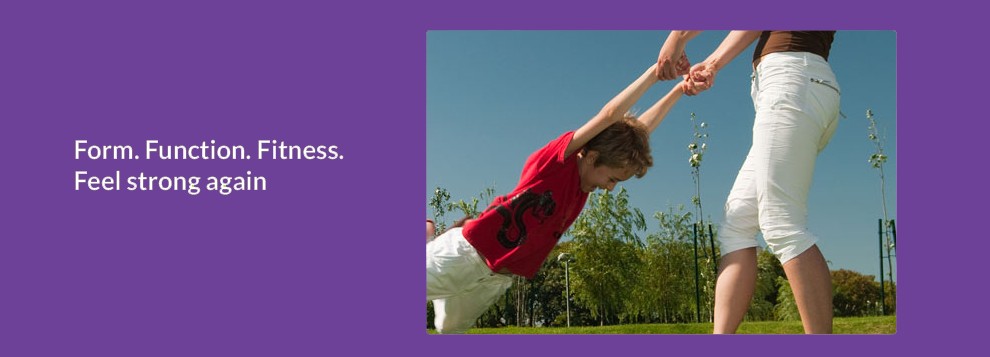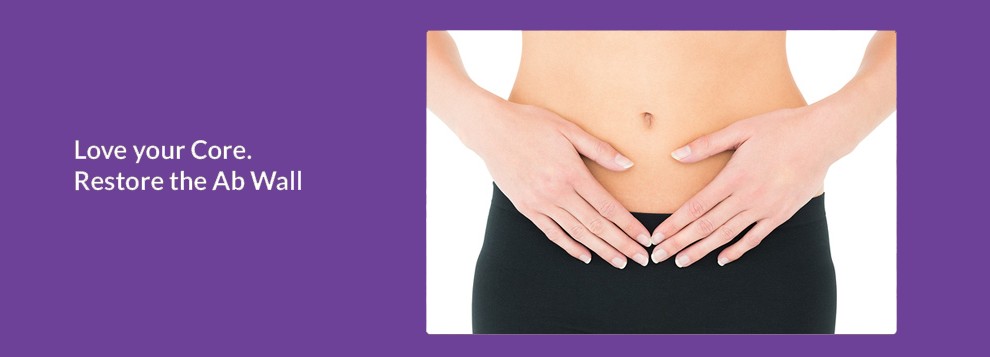Chronic lower back pain is one of the most common chronic pains in Western society and results in high economic and social costs. Many studies have been done to assess and improve the quality of life (QoL) of patients with chronic lower back pain.
Among the studies done, researchers have determined that acceptance of back pain can have its drawbacks, including a resigned acceptance that there is nothing that can be done. However, the researchers have also found that patients who accept their back pain and who can move on despite it, have less depression, less physical and psychological disability, and better work status.
The authors of this study were interested in learning if patients with chronic lower back pain who accepted their pain developed a more positive outcome on every day functioning. Their aims were to "explore the relationship between pain acceptance and QoL, and consider its potential clinical implications," as well as to examine the different ways of measuring the acceptance and the outcome.
Eighty-six patients (ages ranging from 17 to 92 years) participated in the study. They completed questionnaires that assessed their QoL (the World Health Organization Quality of Life Assessment, or WHOQOL) and their acceptance of pain (the short-form Chronic Pain Acceptance Questionnaire, or SF-CPAQ). The WHOQOL measured 6 domains: physical, psychologic, level of independence, environment, social relationship,and spirituality, religion and personal beliefs. An extra module in the WHOQOL, the pain and discomfort module, or PDM, addressed pain relief, anger and frustration, vulnerability/fear and worry, and uncertainty. The SF-CPAQ measured emotional distress and daily function.
The results of the questionnaires were not surprising to the authors. The findings were that the QoL was positively associated with the overall acceptance of pain, with engaging of activities, and willingness to accept pain. The acceptance was linked with feelings of independence, being mobile and being able to work. Patients who were aware that trying to avoid pain would not be helpful were less prone to anger, frustration and uncertainty - and also had a better QoL.
The authors conclude that further studies are needed, including research into whether changes in acceptance alters QoL or whether better QoL affects acceptance.
Victoria L. Mason, PhD, Beth Mathias, MSc, and Suzanne M. Skevington, PhD, FBPsS. Accepting Low Back Pain: Is It Related to a Good Quality of Life? In Clinical Journal of Pain. January 2008. Vol. 24. No. 1. Pp. 2229.






